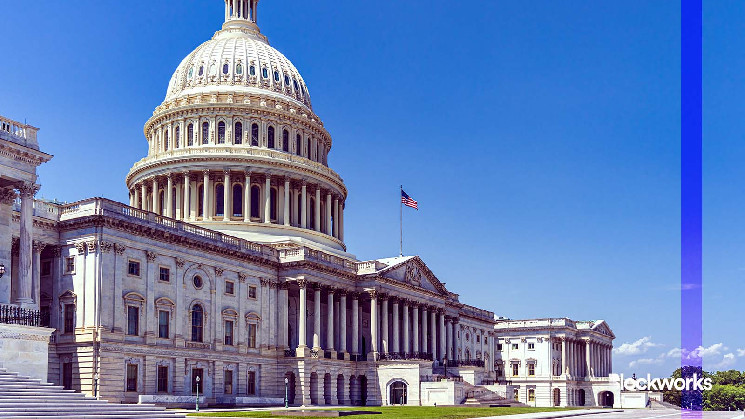In the United States, the understandable doom and gloom around the regulatory environment has put a pall on much of the enthusiasm in the crypto industry. The Gensler SEC seems to be lashing out at the biggest players in the market with Wells notices sent to Uniswap, Consensys and Robinhood.
But, as the meme goes: Touch grass.
For crypto regulatory lawyers, this means getting out of the United States. I had the good fortune a few weeks ago to be able to travel to Dubai and Bangkok for a series of crypto conferences. And the mood in those markets is very different: The vibe in MENA and APAC around regulatory frameworks is really positive. The regulators there are clearly taking a different approach to crypto.
Many in crypto (especially in the United States) feel that markets are either pro-crypto or anti-crypto — but regulators don’t think that way. Instead, most regulators are thoughtful and careful when approaching a new industry like the digital assets markets. But what does that mean in practice?
Let’s take a look at a couple of jurisdictions that I think are coming closest to getting it right.
Abu Dhabi Global Market approach to digital asset regulation
In Dubai, just before Token2049, Centrifuge co-hosted the first in a series of five Real World Asset (RWA) Summit events held across the globe. One of our speakers was Wai Lum Kwok from the Abu Dhabi Global Markets (ADGM) Financial Services Regulatory Authority (FSRA).
And Kwok made a great point: It is much easier for smaller markets to embrace innovation than bigger markets. Regulators like the FRSA or the Cayman Islands Monetary Authority (CIMA) have less political pressure and less vested interests to manage. Their approaches can be adapted more quickly; they can be more flexible.
Flexibility is the crucial point. Crypto markets move fast. Innovation is happening every day. No regulator has the resources to match a global industry based on developing technology — and nowhere is that more the case than with RWAs, considering how it sits right on the edge between TradFi and DeFi.
Regulatory frameworks need to have flexibility built in. This works better in principles-based regimes rather than rules-based regimes. A principles-based regime moves away from reliance on prescriptive rules, instead assessing projects on the basis of high-level principles. As with the ADGM, these principles should be broad-based and outcomes-based. This then allows the regulator to assess projects and applicants on the basis of whether their activities are designed to achieve certain results, rather than whether it fits into a box of existing rules or not.
Back to Abu Dhabi: The ADGM FRSA takes a risk-based approach based on regulatory clarity. Its advantages in terms of sophistication and resources are readily apparent, and the support and backing of a business-friendly ecosystem is very important.
Too often, crypto projects (and crypto lawyers!) look solely at the laws and rules and do not focus sufficiently on the service providers and their rules and risk appetites. Without a supportive ecosystem, projects can fail — even if all the regulatory boxes have been checked.
Thailand’s regulatory framework for digital assets
Similar to the ADGM FRSA, the Thai Securities and Exchange Commission has taken important steps to create a comprehensive digital assets regulatory framework that balances investor protection with the promotion of innovation.
Thailand was one of the earliest jurisdictions to opt for a bespoke framework treating digital assets as a new asset class. The regulators that tried or are trying to shoehorn digital assets into existing regulatory frameworks have found it difficult. Crypto markets are too innovative to fit into historical TradFi rules.
Read more from our opinion section: Why crypto matters: Foundations of a free and prosperous society
Thailand recognized this very early with the Emergency Decree on Digital Asset Businesses coming into force in May 2018. Just as importantly, the Thai SEC continues to develop new rules with an important set of amendments becoming effective from Jan. 16, 2024.
It shouldn’t need to be said, but it is significant to note that these regimes are not designed to simply greenlight digital asset projects.
These are rigorous frameworks applied consistently and effectively by well-resourced, experienced staff. It is not sufficient to simply put the framework in place. The teams need to be trained to efficiently enforce the rules.
Key elements of effective crypto regulation
In sum, in my view the key elements of effective crypto regulation are:
- A comprehensive, tailor-made, principles-based digital asset regulatory framework;
- A commitment to continually develop, adapt and modify the regime as innovation and technology progresses;
- A sophisticated, friendly, energetic and resourced staff that is delegated sufficient flexibility to address license applications with a risk-based approach;
- A clear and uniformly applied enforcement mechanism to prevent fraud and unauthorized regulated activity.
I know it is not in their nature, but US legislators and regulators could learn a lot by researching the digital asset regulatory regimes in MENA, APAC and elsewhere that have gotten it right. Maybe then the ongoing discussions on legislative changes in the US could proceed from a solid basis toward a satisfactory conclusion.
 blockworks.co
blockworks.co
